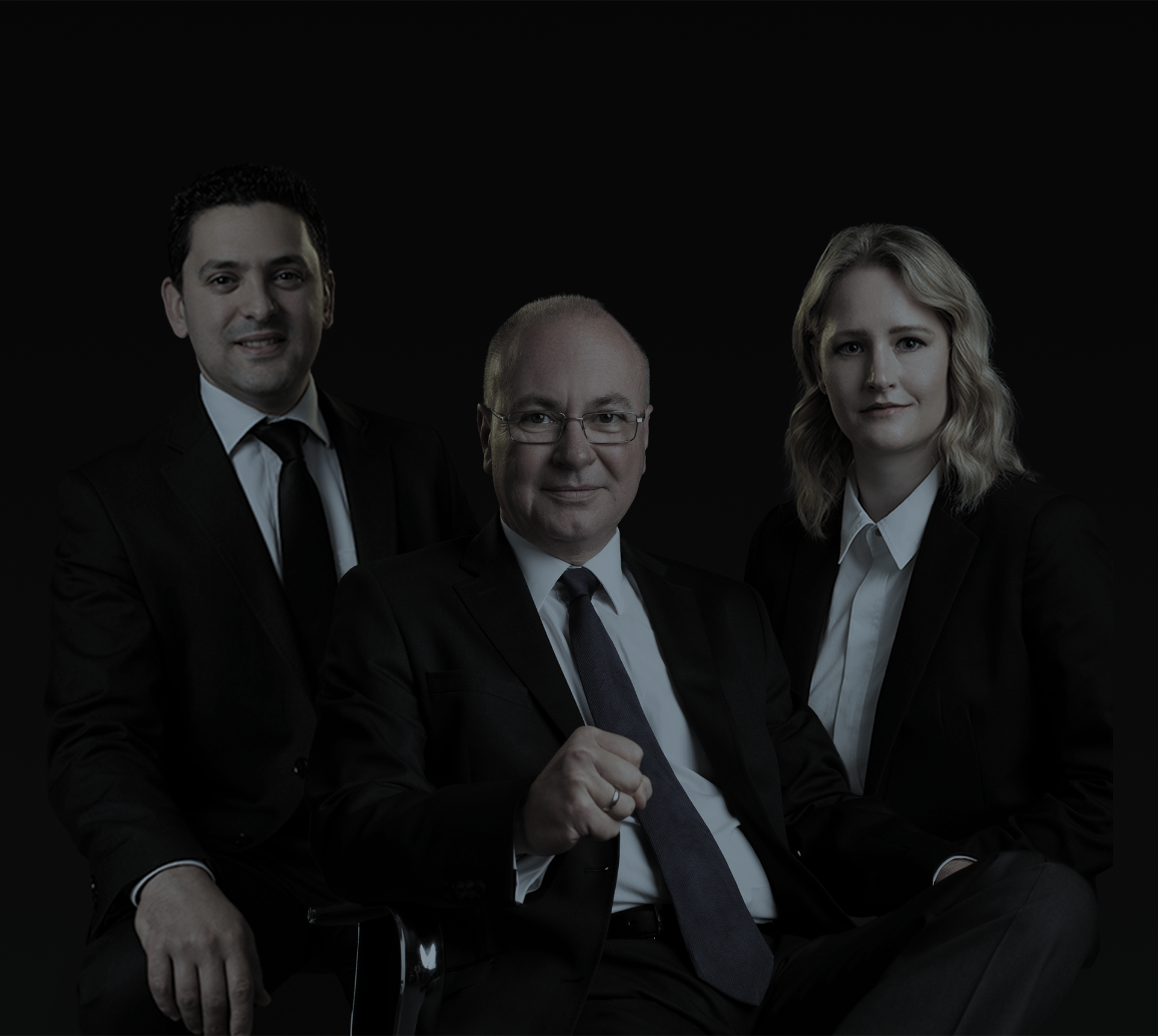One of the most hotly debated issues in the short term insurance world at present, is the nature and extent of an insured’s cover under what are termed Infectious or Notifiable Disease extensions in certain indemnity insurance policies (the standard all risk policy that most businesses have in place). There have been at least three matters that have come or are currently being considered by our Courts regarding various Insurer’s liability under and in terms of these extensions. The first of these matters to be determined, which was ruled upon by the Western Cape High Court (per Le Grange J) in Cafe Chameleon CC v Guardrisk Insurance Co Limited is set to be heard on appeal by a full bench of the Supreme Court of Appeal on 23 November 2020. There are at least two other matters, yet undecided, which are currently before full benches of the High Court.
The provision in question, relates to the business interruption section of the policy which is voluntary cover obtained to protect an insured against the business having to temporarily cease operation. In ordinary claims, such as those caused by fire for instance, an insured who has taken business interruption cover, would be covered against the physical damage caused by the fire itself as well as the business’s loss of profit for the period during which the business was forced to close whilst repairs were completed.
Enter the novel coronavirus (SARS-CoV-2) and the path of destruction it has and continues to leave in its wake. National lock downs have been imposed globally including in South Africa restricting, and in most cases completely prohibiting, the operation of businesses deemed to be ‘non-essential’, imposing travel bans stifling the hospitality and tourism industry; and forcing restaurants, even under level 3 of Government’s risk adjusted strategy, to remain closed other than for delivery or take-away. Even under level 1, these businesses are required to operate at less than capacity with strict safety protocols being imposed.
As a proprietor or shareholder of one of these businesses, one would not have been remiss in breathing a deep sigh of relief at reading that you are covered for interruption to your business caused by infectious disease, invariably assuming that interruptions caused by Covid-19, an infectious disease determined to be notifiable by the National Institute for Communicable Diseases, would be covered.
Unfortunately, as with most insurance cover, it is not quite as simple as that. Insurance companies are being faced with a flood of claims due to a risk that has not been seen on this scale for more than 100 years. A number of significant questions have been begged worldwide as to what duty insurers have to their clients to step up and assist, particularly when many of these clients face the stark reality of having to close their doors with the attendant impact, that this would have on the surrounding communities who rely on these companies for employment. Ironically, standard business interruption clauses usually exclude any cover should the insured be placed into liquidation. An irony which is likely not to be much appreciated by those facing the decision of throwing in the towel or waiting for a binding determination on the issue.
On the other hand, the response from almost all (barring one or two Insurer), has predictably but quite unfortunately been a slew of very narrowly interpreted opinions which unsurprisingly have concluded that they are not liable in terms of the infectious disease clauses for the majority of disruptions caused by COVID19. Whilst the precise wording of the clause will be critical in interpreting the extent of cover, the four most prevalent defences to such claims, are: (1) the infectious disease clauses do not cover global pandemics but only localized outbreaks (despite no such express differentiation being made in the wording), based on the prevalence of words such as “an outbreak of which the competent local authority has stipulated shall be notified to them”, the argument being that if a global pandemic were envisaged the words would not be limited to a local authority; (2) it is not the virus that has caused the loss but the lockdown which is a risk not covered under the policy; (3) that if the business had to close because there was an outbreak within a defined radius, it had to be that specific incidence which caused the closure rather than a closure due to the general prevalence of the infection; and (4) Covid19 is not an identifiable disease as contemplated by the definition of same contained in the policy wording. The definition that appears in at least two similar policies is “Notifiable Disease shall mean illness sustained by any person resulting from any human infectious or human contagious disease an outbreak of which the competent local authority has stipulated shall be notified to them excluding Acquired Immune Deficiency Syndrome (AIDS) or an AIDS related condition”. Needless to say, it is difficult to engage with these arguments without at least some cynicism.
The retort by one hotel group, supported by a team of arguably the finest legal minds in the Country, is that the particular insurer’s reliance on the abovementioned arguments are entirely indefensible, a view that seems to have been independently echoed by the Court in Café Chameleon and by Lord Justice Flaux and Mr Justice Butcher in a recent decision of the British High Court of Justice (Queens Bench).
Many believe that insurer’s attempts to hide behind restrictive and narrow interpretations of these clauses is aimed at avoiding large scale payments rather than an earnest belief that the clause was not intended to cover Covid19 as a global pandemic. It is indeed unfortunate that insurers guided by their reinsurers have elected to hide behind narrow contractual interpretations rather than meaningfully contributing to the relief effort at a time when their financial strength is most desperately needed by their loyal customers.
Whilst it must be said that certain insurers have offered relief in the form of ex gratia payments pending the final determination of the issue by the Courts, many see this as an attempt to save face under steadily mounting pressure from the public and private sector rather than a genuine attempt to assist.
Perhaps now is the time for some introspection for the industry as a whole which rather than taking up the cudgel, seems to have adopted a far less magnanimous position. Whether this position is ultimately justifiable, will in all likelihood be a decision for the apex court in due course. This will however be cold comfort to the lodges, game reserves and hotels that are battling to keep their staff employed and their doors open.



